Germany's Energy Policy: Klingbeil Defends Rejection Of Russian Gas
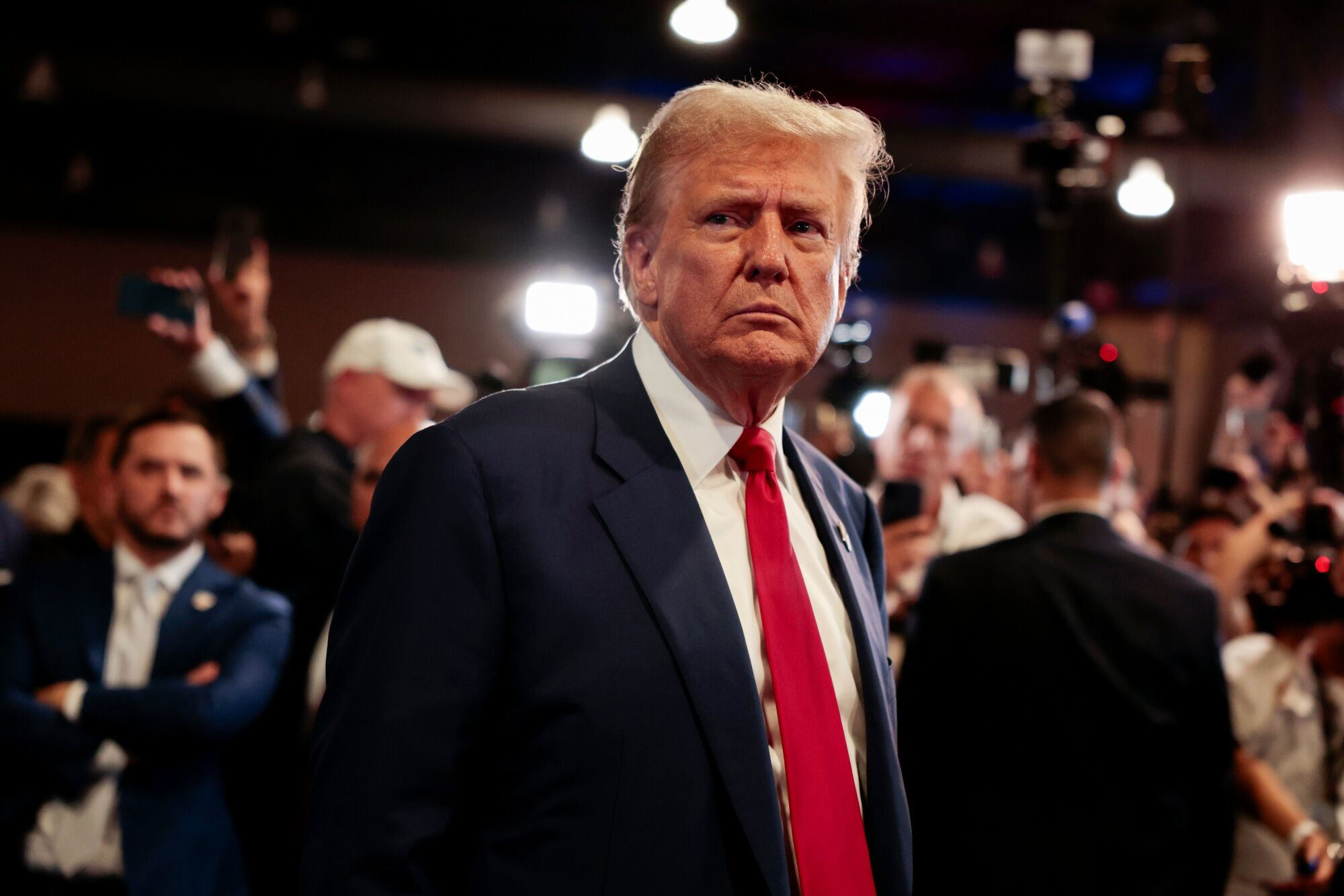
Table of Contents
The Risks of Russian Gas Dependence
For decades, Germany relied heavily on Russian gas imports, creating a significant vulnerability in its energy security. This dependence presented considerable geopolitical and economic risks. The percentage of German gas imports sourced from Russia was staggering, leaving the country susceptible to pressure and manipulation by Moscow.
- Energy Dependence and Geopolitical Risks: Germany's historical reliance on Russian gas created a dangerous dependence. This energy vulnerability left Germany exposed to political pressure and economic blackmail, particularly concerning decisions related to foreign policy and sanctions.
- Economic and Political Leverage: Russia leveraged its position as a major gas supplier to exert influence over German policy. This dependence hampered Germany's ability to act independently in situations where Russia's interests conflicted with those of the EU or its allies.
- Ukraine War's Impact: The Ukraine war dramatically exposed the fragility of Germany's energy security. The resulting energy price hikes and supply chain disruptions highlighted the urgent need for diversification and a swift transition away from Russian gas. Statistics show that before the war, Russia supplied over 55% of Germany's natural gas needs, a figure that now stands at near zero.
- Security of Supply Concerns: The sheer reliance on a single supplier created immense security of supply concerns. Any disruption to the Russian gas supply, whether through political action, technical issues, or conflict, had the potential to cripple Germany's economy and cause significant societal upheaval.
Klingbeil's Justification for the Policy Change
Lars Klingbeil, as the chairman of the Social Democratic Party (SPD), has been a prominent voice defending the government's decision to phase out Russian gas. His justification centers on the crucial need for energy independence and a strengthened security of supply.
- Emphasis on Energy Security: Klingbeil has consistently emphasized that Germany's energy security cannot be dependent on an authoritarian regime with unpredictable geopolitical ambitions. He argues that this dependence represents an unacceptable risk to the nation's stability and sovereignty.
- Reducing Reliance on Authoritarian Regimes: A core element of Klingbeil's argument is the need to diversify energy sources and reduce reliance on regimes that might use energy supplies as a political weapon. This emphasizes a broader strategic shift toward strengthening energy partnerships with democratic allies.
- Diversification Strategies: Klingbeil supports the government’s strategy for diversifying gas imports, emphasizing increased LNG (Liquified Natural Gas) imports from other countries and the expansion of renewable energy sources.
- Quotes from Klingbeil: “[Quote from Klingbeil emphasizing the importance of energy independence and diversification],” “[Quote from Klingbeil addressing the economic challenges and the necessity of a long-term strategy].” (Note: Replace bracketed information with actual quotes from Klingbeil).
Germany's Energy Transition and Diversification Efforts
Germany is actively pursuing a rapid energy transition and diversification strategy to mitigate its energy dependence and achieve climate goals. This involves significant investments and ambitious plans across multiple sectors.
- Accelerated Energy Transition: Germany is aggressively expanding renewable energy sources, particularly solar and wind power, to replace fossil fuels. This involves streamlining permitting processes, investing in grid infrastructure, and promoting technological innovation in renewable energy technologies.
- Diversifying Gas Imports: The strategy involves securing LNG imports from countries like Norway, Qatar, and the USA, establishing new supply routes and diversifying its energy supply chain.
- Investing in Energy Infrastructure: Significant investments are being made in expanding gas storage capacity, upgrading pipelines, and building new LNG import terminals. This includes constructing new infrastructure to handle the influx of LNG and integrating it with the existing energy network.
- Challenges and Setbacks: The energy transition faces challenges, including integrating intermittent renewable energy sources into the grid, balancing energy security with climate goals, and managing the economic and social impacts of rapidly changing energy markets.
The Economic and Social Implications
The shift away from Russian gas has significant short-term and long-term economic and social consequences.
- Economic Impact and Energy Prices: The immediate consequence was a surge in energy prices, contributing to inflation and impacting household budgets and business profitability.
- Government Mitigation Measures: The German government has implemented several measures to alleviate the social impact of higher energy costs, including financial aid packages and energy efficiency programs targeted at vulnerable households.
- Long-Term Economic Benefits: While the short-term costs are significant, the long-term benefits of energy independence and a cleaner energy system include reduced geopolitical vulnerability, greater economic stability, and improved public health outcomes. This should foster long-term economic growth and create new green jobs.
Conclusion
This article has examined Lars Klingbeil's defense of Germany's decision to reject Russian gas, analyzing the inherent risks of energy dependence, the strategic response through diversification, and the broader implications for Germany's energy transition. This policy shift prioritizes energy security and independence, representing a significant turning point in German energy policy. While the short-term economic consequences are undeniable, the long-term vision aims for a more resilient, sustainable, and independent energy future. Understanding Germany's evolving energy policy, particularly the decision to reject Russian gas as championed by Lars Klingbeil, is crucial for comprehending the complexities of the global energy landscape. Stay informed about further developments in Germany's energy policy and its impact on the nation's energy future. Learn more about Germany's energy transition and its efforts towards achieving energy independence.

Featured Posts
-
 Eurovision 2025 Betting Top Predictions And Best Odds
May 01, 2025
Eurovision 2025 Betting Top Predictions And Best Odds
May 01, 2025 -
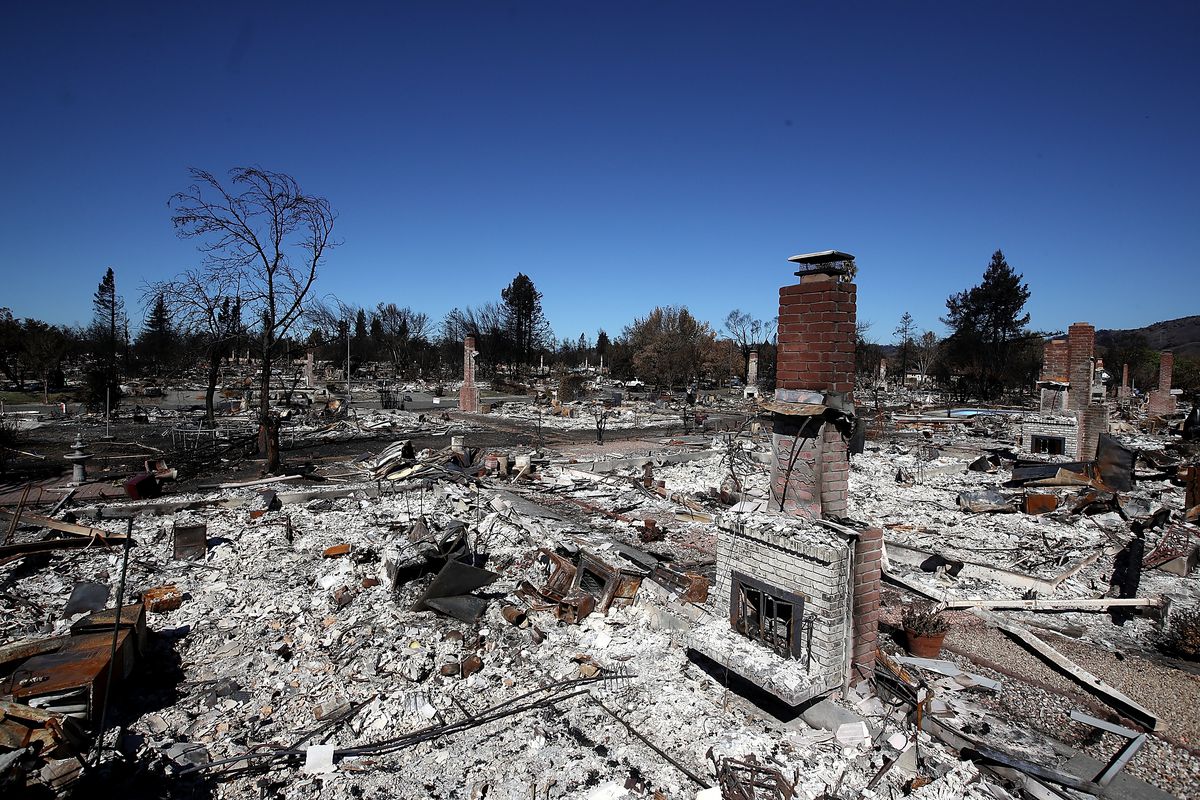 La Landlord Price Gouging A Crisis Exacerbated By Recent Fires
May 01, 2025
La Landlord Price Gouging A Crisis Exacerbated By Recent Fires
May 01, 2025 -
 Extreme V Mware Cost Increase At And Ts Response To Broadcoms Proposal
May 01, 2025
Extreme V Mware Cost Increase At And Ts Response To Broadcoms Proposal
May 01, 2025 -
 Sdr Azad Kshmyr Brtanwy Arkan Parlymnt Ky Kshmyr Ke Msyle Ke Hl Ky Hmayt
May 01, 2025
Sdr Azad Kshmyr Brtanwy Arkan Parlymnt Ky Kshmyr Ke Msyle Ke Hl Ky Hmayt
May 01, 2025 -
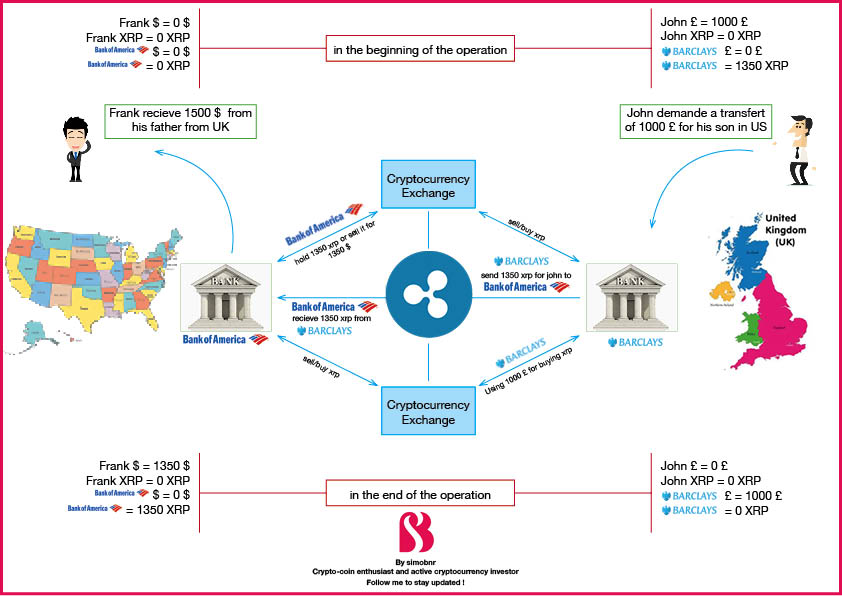 Understanding Xrp Ripples Cryptocurrency Explained
May 01, 2025
Understanding Xrp Ripples Cryptocurrency Explained
May 01, 2025
Latest Posts
-
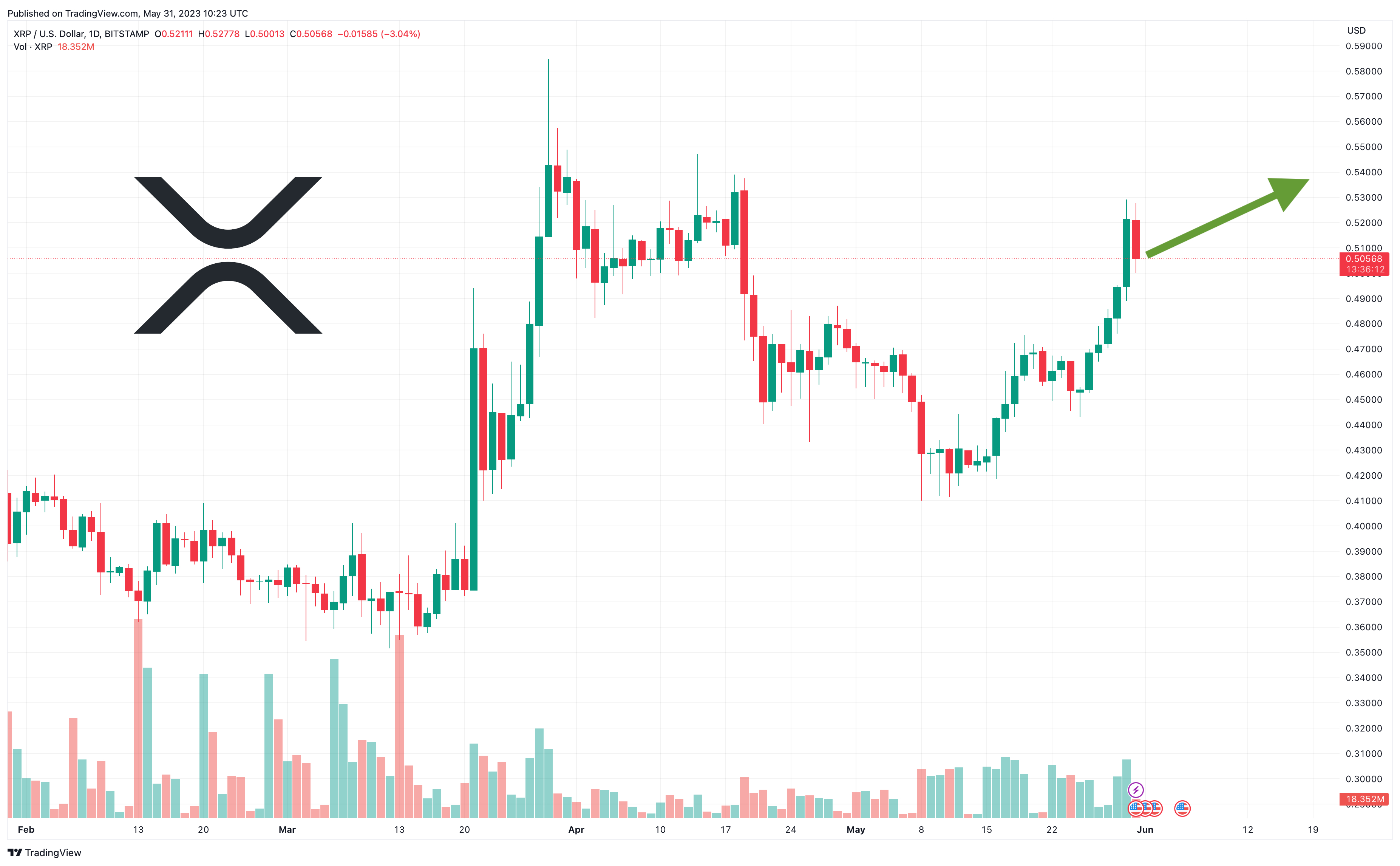 Xrp Price Prediction After Ripples 50 M Sec Settlement A Comprehensive Analysis
May 02, 2025
Xrp Price Prediction After Ripples 50 M Sec Settlement A Comprehensive Analysis
May 02, 2025 -
 Sbi Holdings Rewards Shareholders With Xrp Ripple Xrp News
May 02, 2025
Sbi Holdings Rewards Shareholders With Xrp Ripple Xrp News
May 02, 2025 -
 Ripple Wins Partial Victory Analyzing The 50 M Sec Settlement And Xrps Future
May 02, 2025
Ripple Wins Partial Victory Analyzing The 50 M Sec Settlement And Xrps Future
May 02, 2025 -
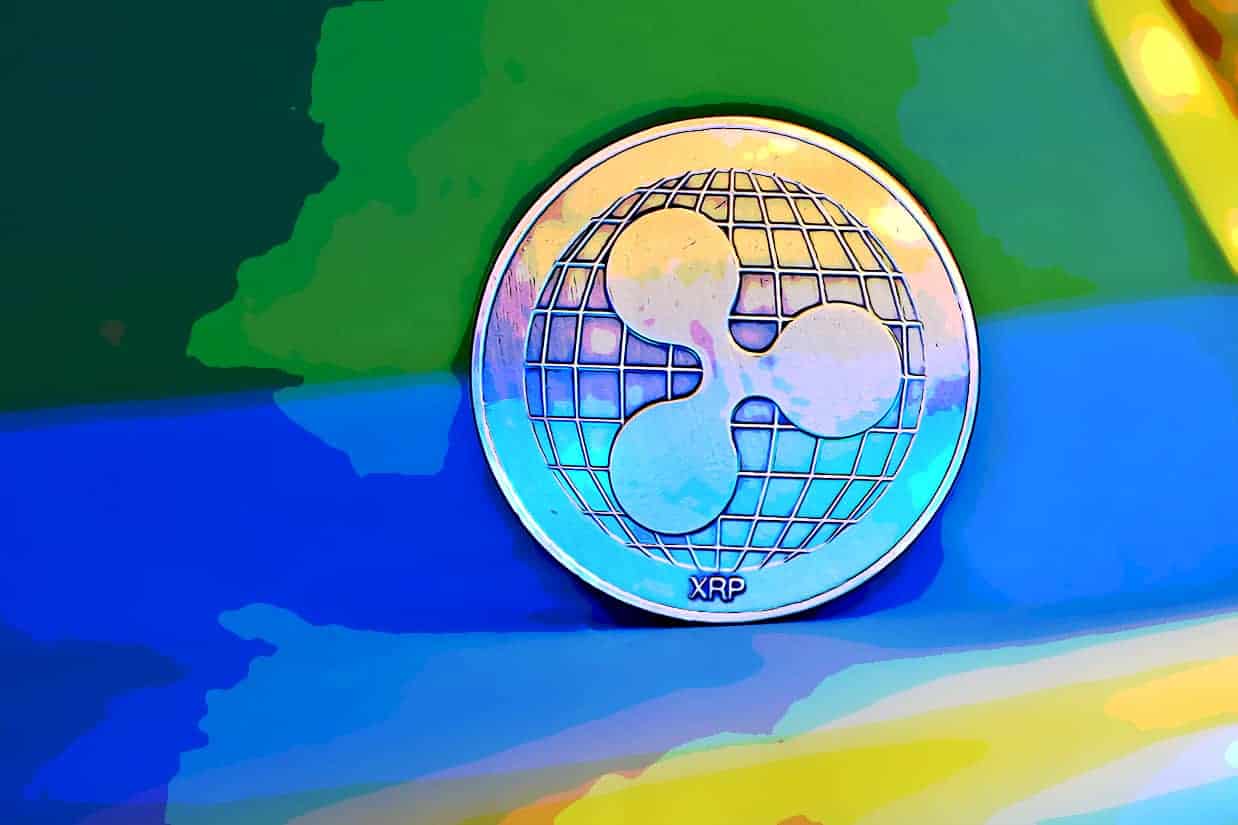 Xrp News Ripples Reduced 50 M Sec Settlement Whats Next For Xrp
May 02, 2025
Xrp News Ripples Reduced 50 M Sec Settlement Whats Next For Xrp
May 02, 2025 -
 Us Xrp Etf Analyzing The Latest Developments And Their Impact On Xrp
May 02, 2025
Us Xrp Etf Analyzing The Latest Developments And Their Impact On Xrp
May 02, 2025
